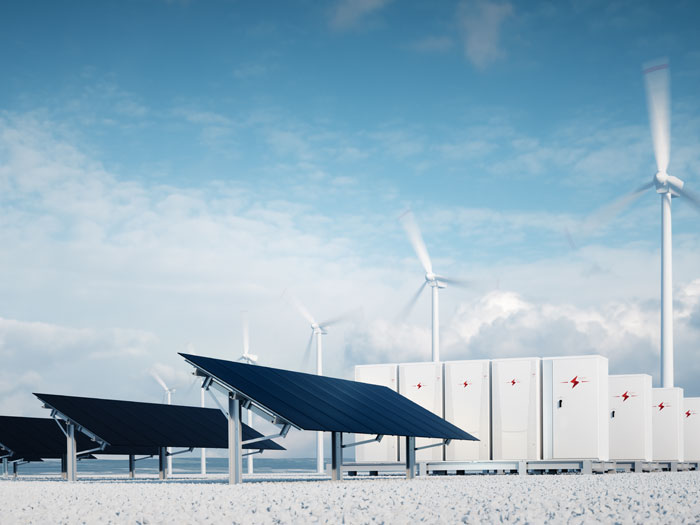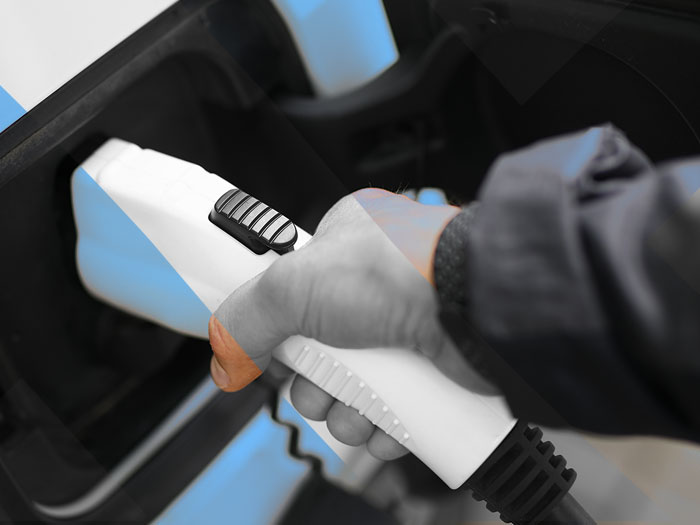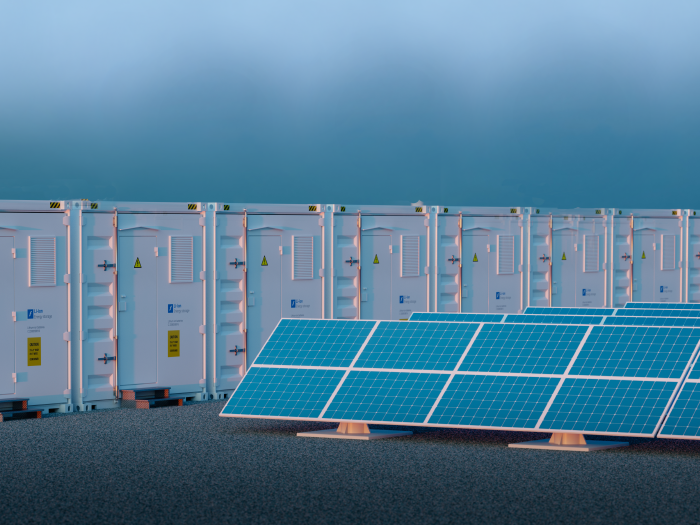Insights
better business decisions
Posted 1 year ago | 3 minute read

Tackling energy crises requires keeping UK on track for net zero
In addition to the immediate support provided to households and businesses to cope with high energy costs, it is essential that the government responds to the current crisis by improving the long-term resilience of the UK’s energy system to ensure the UK is less exposed to geopolitical risks and volatile fossil fuel prices, the Aldersgate Group has said
In its The Green Line: A Route Out of Crisis and Towards Prosperity manifesto, published on 22 September, the group considers how the UK can build a globally competitive low carbon economy that is far more resilient to extreme weather events driven by climate change. It outlines priority recommendations for the next two years in areas including energy efficiency, energy supply, electricity market reform, nature restoration and climate adaptation, resource efficiency, green finance, skills, trade and climate diplomacy.
To boost energy security and ensure lower bills over the longer term, the manifesto calls on the government to pursue a twin track approach of reducing dependence on fossil fuels through accelerated investment in renewables and lowering energy demand across the economy through a nationwide energy efficiency retrofit programme.
According to the manifesto, the economic benefits of pursuing this strategy are clear – in 2021, renewables generated just under 40% of the electricity in the UK, with 29% coming from wind and solar. This displaced around £6.1B worth of gas. With the cost of renewables falling with greater levels of deployment, they provide the UK with a key opportunity to bolster energy security in a cost-effective way.
It also noted that benefits go beyond the energy sector. In 2020, businesses in low carbon sectors generated £41.2B in turnover, directly employing 207,800 full-time equivalent employees and rising to half a million when people employed in associated supply chains are included. Low carbon investment is also helping to level up the country, with jobs in sectors like offshore wind, low carbon hydrogen, and EV charge point installation distributed across the UK. By continuing to develop supportive low carbon policies across key industrial sectors under the Net Zero Strategy, the government could significantly increase these economic benefits.
GridBeyond Managing Director UK and Ireland Mark Davis said:
“The new UK government takes office at a time of multiple, interlocking crises. There is a clear consensus that emissions and environmental policies are a key part of the answer when it comes to providing durable solutions to the energy crises.
“Energy-intensive industries in particular are experiencing one of their most difficult periods in recent memory, facing a host of overlapping challenges that impact their cost of operation and competitiveness for the future. Companies need an energy strategy that tackles all these challenges, protecting them from the energy-related risks that threaten their operations as well as bringing them into the 21st century with action on climate. The good news? All of these challenges are linked and can be solved together – with the right technology.”







